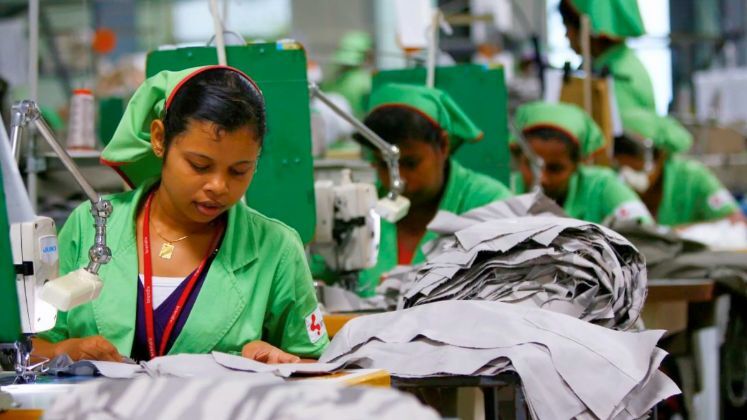
The US Government’s announcement of the Reciprocal Tariff policy has caused alarm among Sri Lanka’s garment industry. The proposed increased tariffs have the potential to seriously destabilise the nation’s largest export industry and jeopardise thousands of employment.
A 10 per cent baseline tariff on all imports would go into effect on 5th April and rise to a 44 per cent ‘reciprocal’ tax on Sri Lankan exports on 9th April after US President Donald Trump announced this on 2nd April.
According to Yohan Lawrence, Secretary General of the Joint Apparel Association Forum (JAAF), this tariff level is incredibly excessive in comparison to regional competitors. He goes on to say that Sri Lanka may soon lose its share of US commerce to nations with lower tariffs than its own.
More than 40 per cent of Sri Lanka’s overall garment exports, which topped US $ 5.5 billion in 2023, go to the US, making it the country’s biggest single-country market.
The impact will be rapid and severe because tariffs will be implemented very immediately. According to Lawrence, it’s possible that the majority of US companies may move to rival markets.
To decide on a suitable course of action, the Sri Lankan Government has already started consulting with the sector and other interested parties.
Lawrence expressed his gratitude for the government’s prompt action to address the matter, saying, “We are working very closely with the authorities to see how we could best address the concerns raised by the US Government, while staying within the limitations of Sri Lanka’s ongoing IMF program.”






